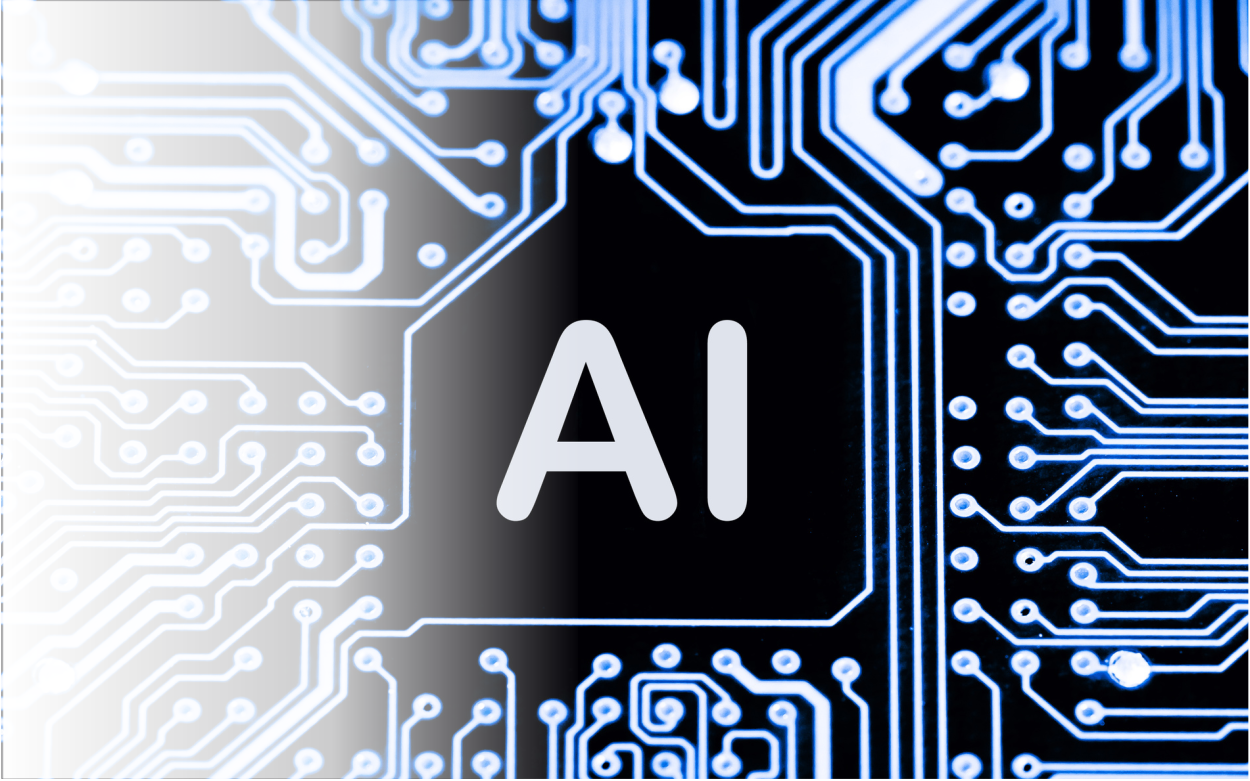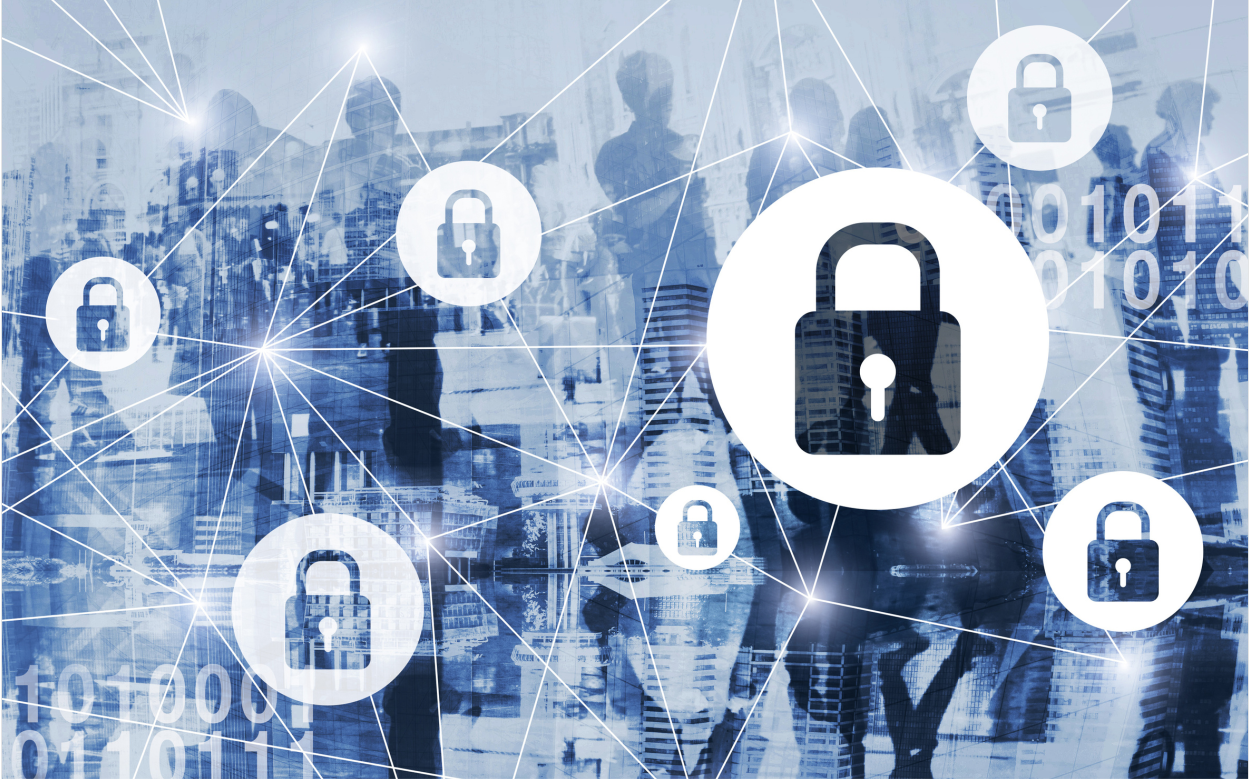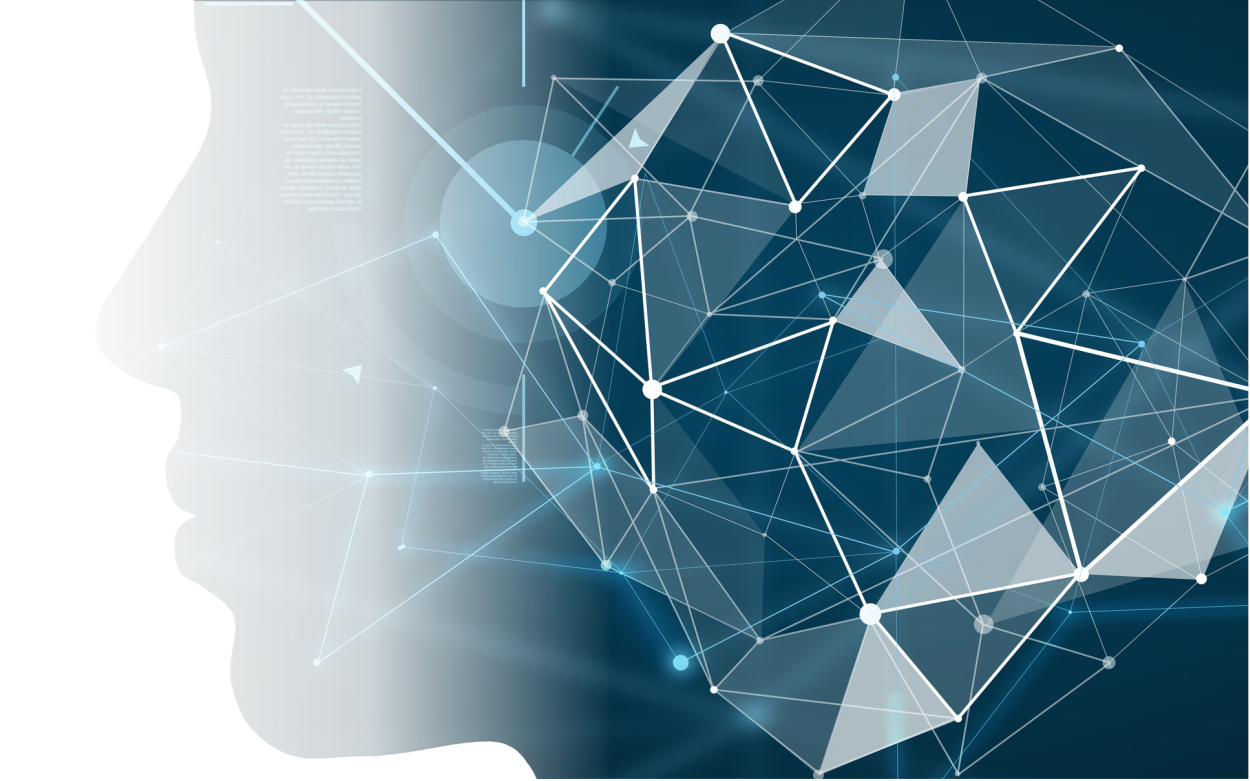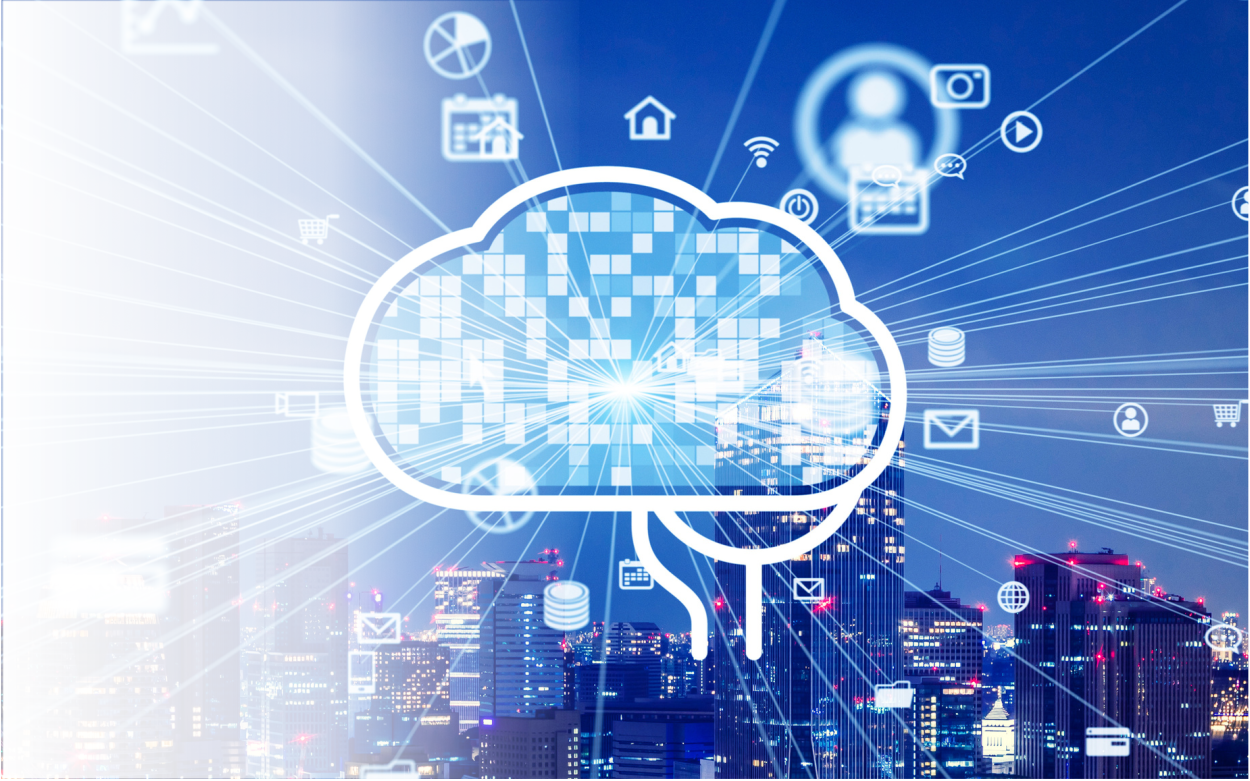Embracing the Future
How AI Generation is Transforming Training and Education in Daily Life
In recent years, artificial intelligence (AI) has moved from the realm of science fiction into our everyday lives. From virtual assistants like Siri and Alexa to smart home devices and autonomous vehicles, AI is becoming an integral part of our daily routines. One of the most exciting areas of AI application is in training and education. The potential for AI to revolutionize how we learn and develop skills is immense, paving the way for personalized, efficient, and engaging educational experiences. This article explores the impact of AI generation on training and education, emphasizing its benefits, challenges, and future prospects.
The Rise of AI in Education
The integration of AI in education is not a recent phenomenon. Educational institutions have long utilized technology to enhance learning outcomes. However, the emergence of advanced AI tools and platforms has taken this to a new level. AI can analyze vast amounts of data, recognize patterns, and provide insights that can significantly improve the learning experience.
AI-powered tools can facilitate personalized learning by adapting content and teaching methods to the individual needs of students. For instance, platforms like Khan Academy and Duolingo use algorithms to tailor learning pathways, ensuring that each student progresses at their own pace. This level of personalization was previously unattainable in traditional educational settings, where one-size-fits-all approaches often left some students behind.
Personalized Learning Experiences
Personalization is a key benefit of AI in education. AI can analyze a learner’s strengths, weaknesses, and preferences to create customized learning experiences. This capability is particularly valuable in diverse classrooms where students have varying levels of understanding and different learning styles.
For example, AI can recommend specific resources—such as articles, videos, or exercises—that align with a student’s current level of comprehension. If a student struggles with a particular concept, AI can suggest additional practice or alternative explanations, ensuring that they fully grasp the material before moving on. This individualized approach not only enhances understanding but also boosts student motivation and engagement.
Intelligent Tutoring Systems
Intelligent tutoring systems (ITS) are another innovative application of AI in education. These systems use natural language processing and machine learning algorithms to provide real-time feedback and support to learners. Unlike traditional tutoring, which often requires a significant time commitment and may not be available to everyone, ITS can be accessed anytime, anywhere.
These systems can simulate one-on-one tutoring experiences, guiding students through complex subjects and offering immediate assistance when they encounter challenges. By leveraging AI, ITS can continuously learn and adapt to the needs of individual students, becoming more effective over time.
Enhancing Teacher Effectiveness
While AI primarily benefits students, it also serves as a valuable tool for educators. By automating administrative tasks such as grading and attendance tracking, AI allows teachers to focus more on instruction and student engagement. AI-driven analytics can provide educators with insights into student performance, enabling them to identify trends and intervene when necessary.
Moreover, AI can support professional development for teachers by identifying areas where they may need additional training or resources. For instance, AI can analyze classroom interactions and provide feedback on teaching strategies, helping educators refine their skills and improve their effectiveness in the classroom.
Gamification and Interactive Learning
AI has also made significant strides in gamification and interactive learning. Incorporating game elements into education can enhance engagement and motivation, making learning more enjoyable for students. AI-powered educational games can adapt to the player’s skill level, providing a challenging yet achievable experience.
For instance, platforms like Kahoot! and Quizlet utilize AI to create interactive quizzes and games that reinforce learning concepts. By gamifying education, students are more likely to remain engaged and retain information, as they experience a sense of achievement through rewards and progress tracking.
Language Learning and AI
Language learning is another area where AI is making a considerable impact. Traditional language learning methods often require extensive practice and repetition, which can be tedious for learners. AI-driven language apps like Rosetta Stone and Babbel leverage natural language processing to offer personalized language learning experiences.
These applications can analyze a learner’s pronunciation and provide immediate feedback, helping them improve their speaking skills. Additionally, AI can facilitate conversational practice with virtual language partners, allowing learners to engage in real-time conversations without the pressure of a traditional classroom setting.
Challenges and Considerations
Despite the numerous advantages of AI in education, several challenges and considerations must be addressed. Privacy concerns are paramount, as AI systems often collect vast amounts of data on students. Educational institutions must ensure that this data is handled securely and ethically, adhering to privacy regulations and guidelines.
Moreover, the reliance on AI can create a digital divide, where students without access to technology or reliable internet connections may be left behind. Ensuring equitable access to AI-powered educational tools is crucial for creating inclusive learning environments.
Additionally, there is a risk of over-reliance on AI systems. While AI can enhance learning experiences, it should not replace the essential human elements of education, such as empathy, encouragement, and mentorship. Educators must strike a balance between utilizing AI tools and fostering meaningful connections with their students.
The Future of AI in Education
Looking ahead, the future of AI in education appears promising. As technology continues to evolve, we can expect even more sophisticated AI applications that enhance learning experiences. From virtual reality (VR) simulations that immerse students in real-world scenarios to AI-driven assessments that provide instant feedback, the possibilities are limitless.
Furthermore, the integration of AI with other emerging technologies, such as blockchain and the Internet of Things (IoT), could revolutionize educational systems. For example, blockchain technology can enhance credential verification, ensuring that students’ achievements are securely recorded and easily accessible.
Conclusion
AI generation is undoubtedly reshaping the landscape of training and education, providing personalized, engaging, and efficient learning experiences. By harnessing the power of AI, educators and institutions can empower students to take control of their learning journeys, fostering a generation of lifelong learners.
As we embrace this technological revolution, it is essential to address the challenges that come with it, ensuring that AI is used ethically and equitably in education. By doing so, we can unlock the full potential of AI in transforming training and education, ultimately preparing individuals for success in an ever-evolving world. The future of learning is here, and it is powered by artificial intelligence.







